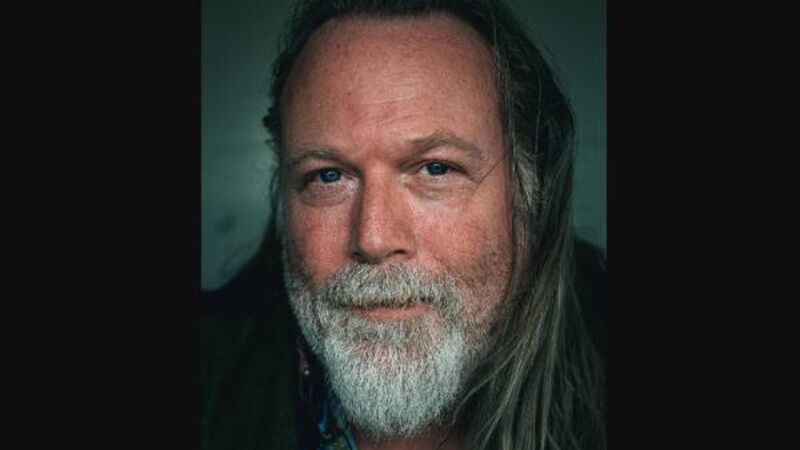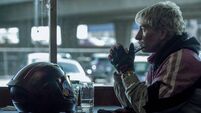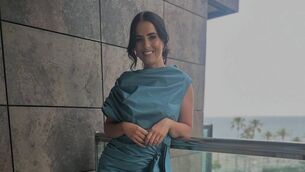Joe Philpott of Cork band Rubyhorse: 'We got to do everything a rock band would dream of'

Cork musician Joe Philpott, of the White Horse Guitar Club.
Joe Philpott went to secondary school at Coláiste an Spioraid Naoimh in Bishopstown, Cork in the late 1980s. When he told his career guidance counsellor that his ambition after school was to make a go of it in a band, he got some pointed advice: “Keep dreaming, kid. Just don’t drag anyone else down with you!”
Philpott took no notice of his teacher’s scorn. With his band, Rubyhorse, which was cobbled together with schoolmates from Spioraid Naoimh in 1986, he went to the moon and back, a rollercoaster story which he captures in his memoir, .




